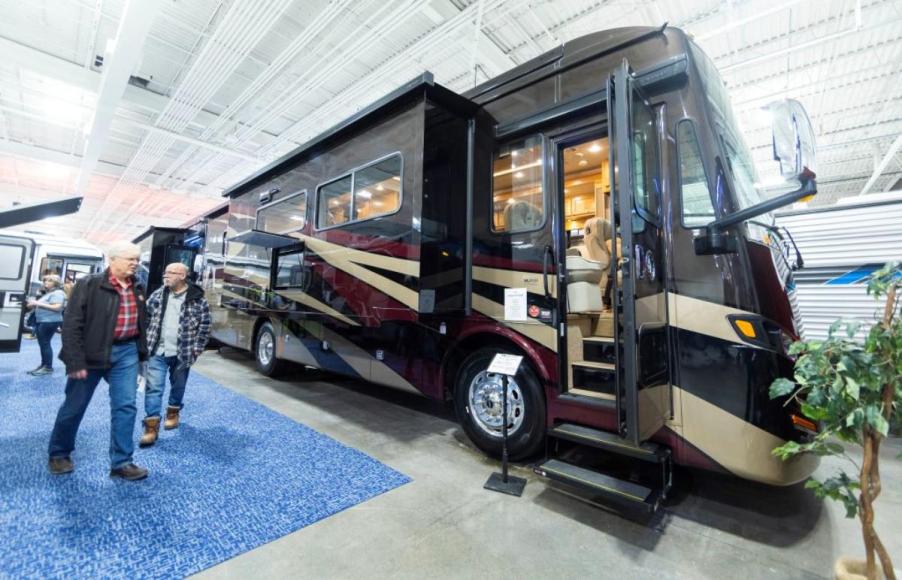
Why Labeling RVs as ‘Good’ and ‘Bad’ Isn’t the Best Idea
The RV market offers a variety of options that cater to different consumer needs and preferences, which makes it challenging to label any RV as good or bad. This classification can be too simplistic and misleading as RVs come in different shapes, sizes, and configurations. Here’s why labeling RVs as ‘good’ and ‘bad’ isn’t the best idea.
Taste is subjective
Like many things, the taste and preference of RVs can be subjective. What one may consider an ideal RV may not align with the preference of another. A family looking to move into their RV may be uncomfortable in a compact camper, perfect for the lone traveler or couple.
Additionally, personal lifestyle is a massive contributor to the discussion. Someone who enjoys camping in remote areas may look for an RV with off-road capabilities, but someone who prefers luxury RV resorts may not care about such an RV and may instead opt for one with lush interior amenities.
Aesthetics are also subjective, as like home décor, RV design is highly personal. What one person may find stylish may look outdated or unappealing to another.
Factors that go into selecting an RV
Choosing the right RV involves taking into consideration a multitude of factors. Each factor eventually plays a crucial role in helping you figure out which RV best suits your needs. One important factor is the RV’s intended use. You may be planning on living in your RV full-time or only want to use it for weekend getaways or extended road trips.
Additionally, you must factor in the number of occupants and desired living space. There are various options to choose from, including spacious motorhomes with multiple rooms or compact camper vans. Your usage will dictate the size and type of RV you get.
Another factor is the budget. RVs cost vary between $10,000 and upward of $350,000, depending on size, type and class. Draw up a budget that will not only include the initial purchase price but will also take into account ongoing expenses such as maintenance, fuel, and insurance so that the vehicle doesn’t overrun you financially.
If you want to live full-time in the RV, you may need to identify one with amenities and important features such as a kitchen and bathroom. Create a list of must-haves and another list of things you consider luxuries to help you get an RV that will satisfy the list.
Using nuance will help you choose the right RV
Nuanced decision-making helps you narrow down exactly what you want from your RV. It enables you to find the perfect balance of desirable features and budget constraints. Instead of choosing between a luxurious model and a feature-packed one, you can identify features that matter to you and adjust your budget accordingly without giving up on either one.
Nuance also enables you to choose an RV that can withstand the temperatures you’ll encounter. Most RVs are built for all seasons, but you still need to select an RV with climate control and insulation, depending on your travel destinations.
If you’re considering a motorized RV, nuance will help you weigh the tradeoff between fuel efficiency and size. Long-term RVers may get more comfort with larger RVs but may have to sacrifice fuel efficiency. Similarly, vacationers and short-term RVers may get more fuel efficiency but may not find their compact vehicles comfortable.
Finally, nuance will help you choose a manufacturer with a reputation for reliability and customer satisfaction.
If you’re unsure whether the RV you desire is reliable, join discussion forums and look up reviews. Look for what other RV owners are saying about the brand to help you decide. Considering your needs, budget, preferences, and situation will ensure you end up with the right RV for you.



